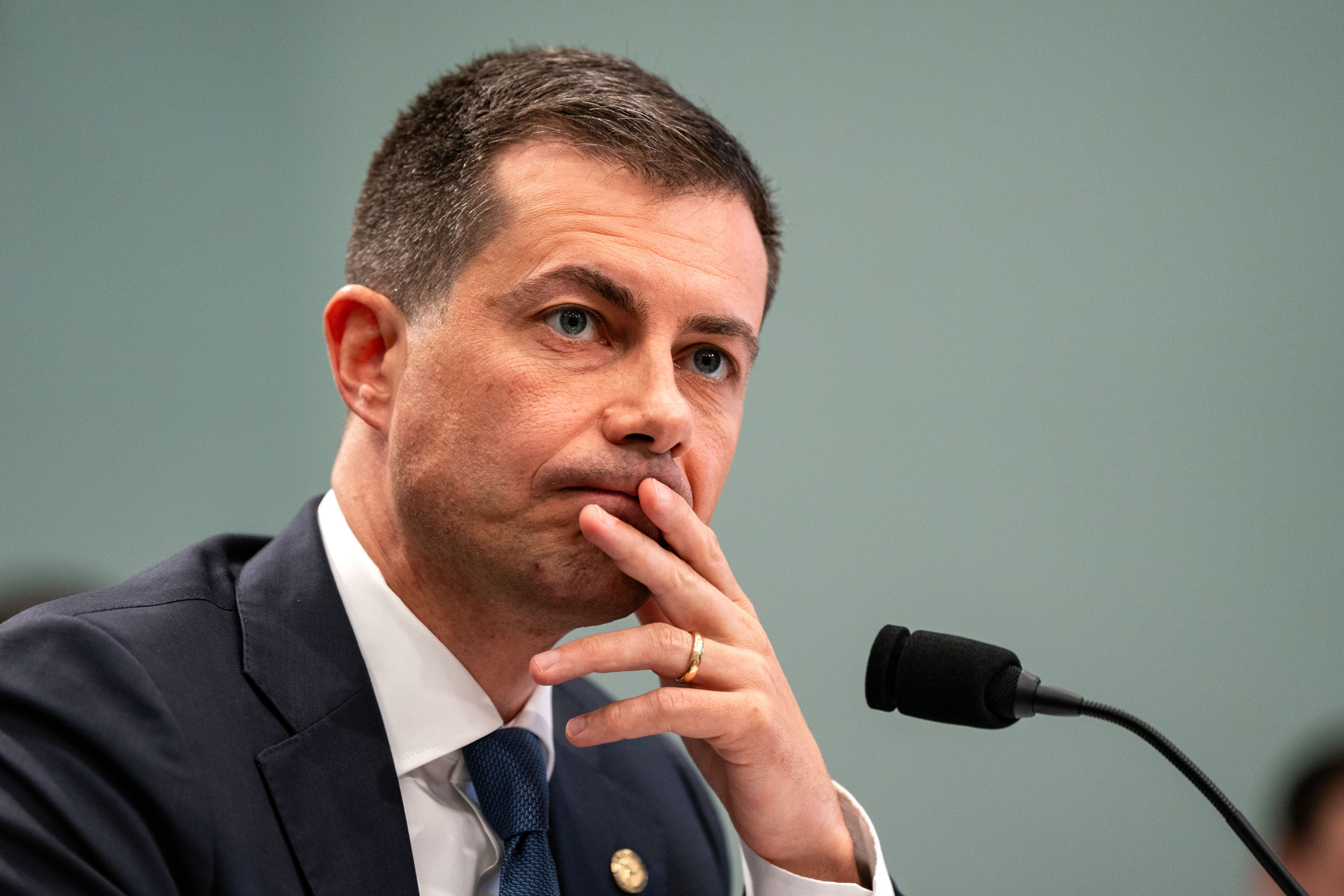Details about joint plans between Moscow and Beijing to put a lunar nuclear reactor within the next decade have been revealed by the head of Russia's space agency.
In March, Roscosmos announced plans to work with China to build an automated nuclear reactor to power a proposed lunar base that the two countries would operate together within the next decade.
To construct the site, Roscosmos director general Yury Borisov said two months ago it was looking at using nuclear-powered rockets to transfer cargo to the moon, but had not yet figured out how to build these spacecraft safely.
In an article published Wednesday by state news outlet RIA Novosti, Borisov said that development of the plant was underway and the countries were working on creating experimental and research facilities as part of the project.
Borisov added that the creation of the International Scientific Lunar Station (ILRS) is planned to be deployed in two stages from 2025 to 2035 and consist of several modules.

He said it was important to develop a reliable, long-term and long-lasting source of nuclear energy at the moon because the lunar night lasts about 14 Earth days, and solar panels cannot store enough energy to keep electrical appliances running for that long.
Roscosmos and the China National Space Administration (CNSA) first announced in 2021 that they intended to build the ILRS, which they said at the time would be open to international partners.
However, U.S. sanctions imposed on Russia over its full-scale invasion of Ukraine in February 2022 have contributed to a slump in relations between the countries, meaning that NASA astronauts are unlikely to be allowed to visit the base, Live Science reported.
There is so far no suggestion that there is a military aspect to the project between Russia and China, whose economic and diplomatic ties have deepened since the start of the war in Ukraine.
However, in March, the Institute for the Study of War (ISW) think tank said the lunar base signaled China's "long-term strategic partnership with Russia to posture against and possibly threaten the West."
A month earlier, U.S. lawmakers urged President Joe Biden to declassify information about "a serious national security threat," reportedly a nuclear-powered Russian antisatellite weapon, which Moscow denied having.
The U.S., Russia, and China are all members of the United Nations Committee on the Peaceful Uses of Outer Space, and the launch of any space nuclear system must require "a rigorous, risk-informed safety analysis," the U.S. State Department told Newsweek in March.
Newsweek has contacted Roscosmos via email for comment.
Update 5/8/24, 7 a.m. ET: This article has been updated with further information.
Uncommon Knowledge
Newsweek is committed to challenging conventional wisdom and finding connections in the search for common ground.
Newsweek is committed to challenging conventional wisdom and finding connections in the search for common ground.
About the writer
Brendan Cole is a Newsweek Senior News Reporter based in London, UK. His focus is Russia and Ukraine, in particular ... Read more





